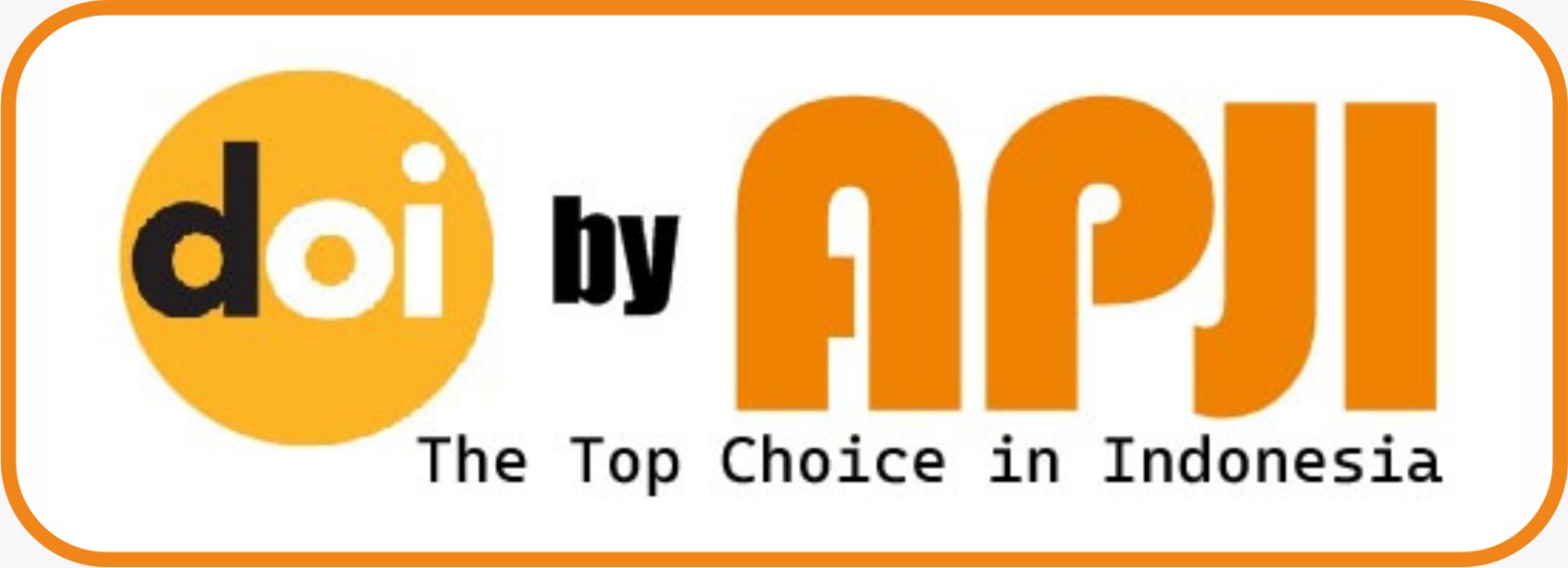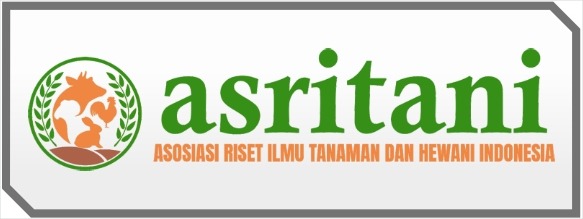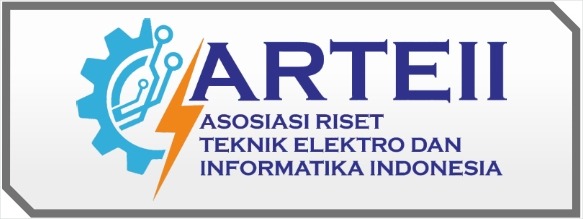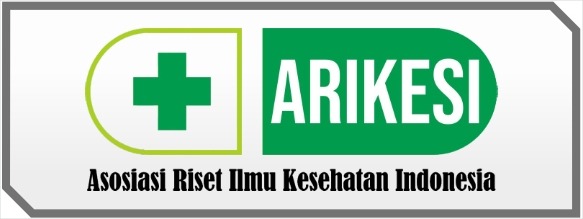Political Ecology Evaluation of Waste Management Policy in Banjarmasin City
DOI:
https://doi.org/10.69930/ajer.v2i2.368Keywords:
Waste governance, local regulation, political ecology, stakeholder participation, sustainable urban developmentAbstract
Rapid urbanization in Banjarmasin City has intensified domestic waste management challenges, posing a significant obstacle to achieving Sustainable Development Goals (SDGs), particularly those related to urban environmental governance. Despite the enactment of Regional Regulation No. 21/2011 promoting the 3R (Reduce, Reuse, Recycle) principles, its implementation remains fragmented and has failed to engage comprehensive community participation. This study adopts a political ecology framework to critically assess the effectiveness of the policy, emphasizing structural barriers such as institutional fragmentation, limited technological adoption, and imbalanced stakeholder power relations. A qualitative case study approach involved in-depth interviews with key stakeholders, document analysis, and field observations. Thematic analysis and triangulation methods were used to validate findings. Results indicate Banjarmasin's waste governance remains largely technocratic and top-down, with inadequate grassroots integration and weak inter-agency coordination. Technological innovations such as digital monitoring and Waste-to-Energy solutions are notably absent, further limiting policy outcomes. This study highlights the urgency of reforming local waste governance through participatory, equitable, and technologically adaptive strategies, particularly for medium-sized cities in the Global South.
References
1. Hoornweg D, Bhada-Tata, Perinaz. What a Waste A Global Review of Solid Waste Management. 2012 [cited 2025 May 6]; Available from: https://hdl.handle.net/10986/17388
2. Wilson DC, Velis C, Cheeseman C. Role of informal sector recycling in waste management in developing countries. Habitat Int [Internet]. 2006 Dec 1 [cited 2025 May 5];30(4):797–808. Available from: https://www.sciencedirect.com/science/article/abs/pii/S0197397505000482?via%3Dihub
3. Aldianoor R NRN. Implementasi Peraturan Daerah Kota Banjarmasin Nomor 21 Tahun 2011 tentang pengelolaan persampahan/kebersihan dan pertamanan [Internet]. 2023 [cited 2025 May 8]. Available from: http://eprints.uniska-bjm.ac.id/id/eprint/14758
4. Prasetyo E. Efektivitas Pelaksanaan Peraturan Daerah Nomor 21 tahun 2011 tentang Pengelolaan sampah di Kota Banjarmasin [Internet]. 2021 [cited 2025 May 8]. Available from: . https://eprints.uniska-bjm.ac.id/5540/
5. Suhaimi A, Rindang S, Setyawan A, Com SA, Tinggi S, Hukum I, et al. Kebijakan Pengelolaan Masalah Sampah di Kota Banjarmasin (Perda Kota Banjarmasin Nomor 21 Tahun 2011). Juli 2021. 9(2).
6. Mutobe B, Harnadih Mubanga K, Sichombo Nchito W, District S. Residents’ Participation in Solid Waste Management in Solwezi District, Zambia Residents’ Participation in Solid Waste Management in. Journal of Environment [Internet]. 2022;2(1):19–38. Available from: www.carijournals.orgwww.carijournals.org
7. Agovino M, Garofalo A, Mariani A. Institutional quality effects on separate waste collection: some evidence from Italian provinces. Journal of Environmental Planning and Management. 2018 Jul 29;61(9):1487–510.
8. Kusumaningrum L, Dewi R, Diva Ulya F, Anggi J, Sitepu P, Salsabila Izdihar R, et al. Comparison of Waste Management between Indonesia and South Korea [Internet]. Vol. 1, Journal of Global Environmental Science. 2020. Available from: https://jurnal.uns.ac.id/jged/index
9. European Commision. Circular Economy Action Plan: For a cleaner and more competitive Europe. 2020.
10. Subekti R. A Circular Economy-Based Plastic Waste Management Policy in Indonesia (Compared to China and EU). Yustisia Jurnal Hukum [Internet]. 2023;12(2):168–84. Available from: https://Creativecommons.org/licences/by/4.0
11. Czekała W, Drozdowski J, Łabiak P. Modern Technologies for Waste Management: A Review. Vol. 13, Applied Sciences (Switzerland). Multidisciplinary Digital Publishing Institute (MDPI); 2023.
12. Gede AA, Bharata Wicaksana A, Diara W, Bagus I, Adnyana W. Evaluasi Efektivitas Tata Kelola Sampah di Tempat Pengolahan Sampah Terpadu (TPST) TOSS Center Gema Santi Kabupaten Klungkung. 2024;
13. Ilhami N, Kabupaten Banyumas A, Tengah J. Evaluasi Kebijakan Pengelolaan sampah di Kabupaten Banyumas Provinsi Jawa Tengah. 2024.
14. Robbins P. Political Ecology: A Critical Introduction (2nd ed.). New York, NY: John Wiley & Sons, Ltd. 2012.
15. Bryant RL, & BS. Third World Political Ecology: An Introduction. Routledge.; 1997.
16. Forsyth T. Critical Political Ecology: The Politics of Environmental Science. . Routledge; 2003.
17. DLH Kota Banjarmasin. Perencanaan Teknis Manajemen Persampahan Kota Baanjarmasin. 2023.
18. Vergara SE, Tchobanoglous G. Municipal solid waste and the environment: A global perspective. Vol. 37, Annual Review of Environment and Resources. 2012. p. 277–309.
19. Guerrero LA, Maas G, Hogland W. Solid waste management challenges for cities in developing countries. Waste Management [Internet]. 2013 Jan 1 [cited 2025 May 8];33(1):220–32. Available from: https://www.sciencedirect.com/science/article/abs/pii/S0956053X12004205?via%3Dihub
20. Beaurain C, Chembessi C, Rajaonson J. Investigating the cultural dimension of circular economy: A pragmatist perspective. J Clean Prod [Internet]. 2023 Sep 10 [cited 2025 May 8];417:138012. Available from: https://www.sciencedirect.com/science/article/abs/pii/S0959652623021704?via%3Dihub
21. Kaza S, Yao L, Bhada-Tata P, Woerden F Van. What a waste 2.0: a global snapshot of solid waste management to 2050 [Internet]. books.google.com; 2018. Available from: https://books.google.com/books?hl=en&lr=&id=bnN_DwAAQBAJ&oi=fnd&pg=PP13&dq=waste+management+study+development+suistainability+development+waste+city+development&ots=faP8xr74Ld&sig=-guIrNOBOVp3Zk4Z6FqxtrLOJV4
22. Zaman AU, Lehmann S. The zero waste index: a performance measurement tool for waste management systems in a “zero waste city.” J Clean Prod [Internet]. 2013; Available from: https://www.sciencedirect.com/science/article/pii/S095965261200635X
23. Hsu HW, Binyet E, Nugroho RAA, Wang WC, Srinophakun P, Chein RY, et al. Toward sustainability of Waste-to-Energy: An overview. Energy Convers Manag [Internet]. 2024 Dec 1 [cited 2025 May 8];321:119063. Available from: https://www.sciencedirect.com/science/article/pii/S0196890424010045
24. Esmaeilian B, Sarkis J, Lewis K, Behdad S. Blockchain for the future of sustainable supply chain management in Industry 4.0. Resour Conserv Recycl [Internet]. 2020 Dec 1 [cited 2025 May 8];163:105064. Available from: https://www.sciencedirect.com/science/article/abs/pii/S0921344920303815
25. Arnstein SR. A Ladder Of Citizen Participation. J Am Inst Plann [Internet]. 1969 Jul 1;35(4):216–24. Available from: https://doi.org/10.1080/01944366908977225
Downloads
Published
How to Cite
Issue
Section
License
Copyright (c) 2025 Hendra Hendra, Deasy Arisanty

This work is licensed under a Creative Commons Attribution-ShareAlike 4.0 International License.























